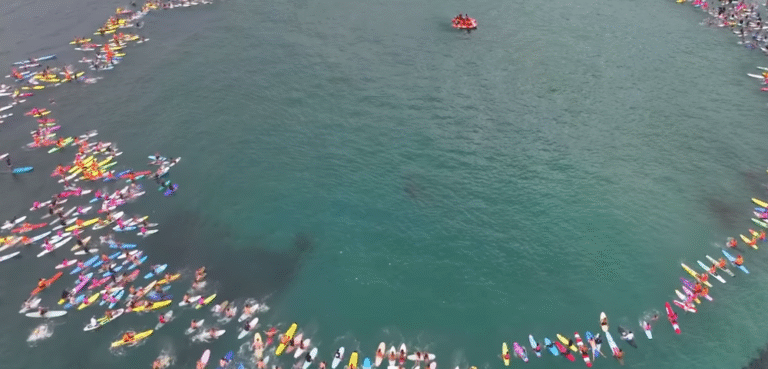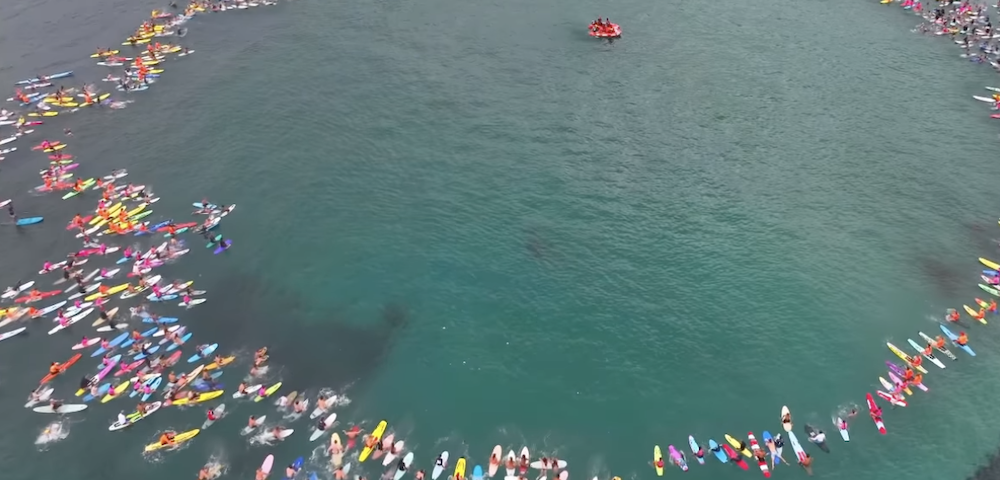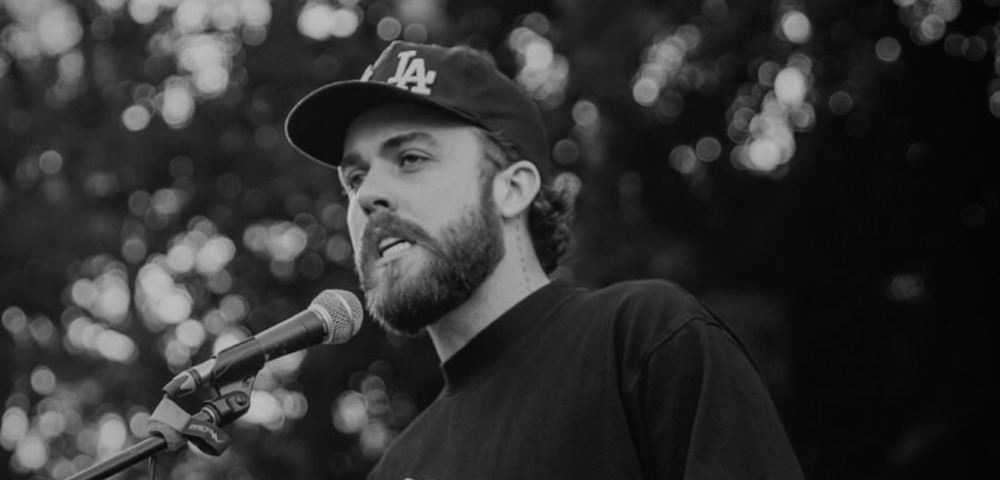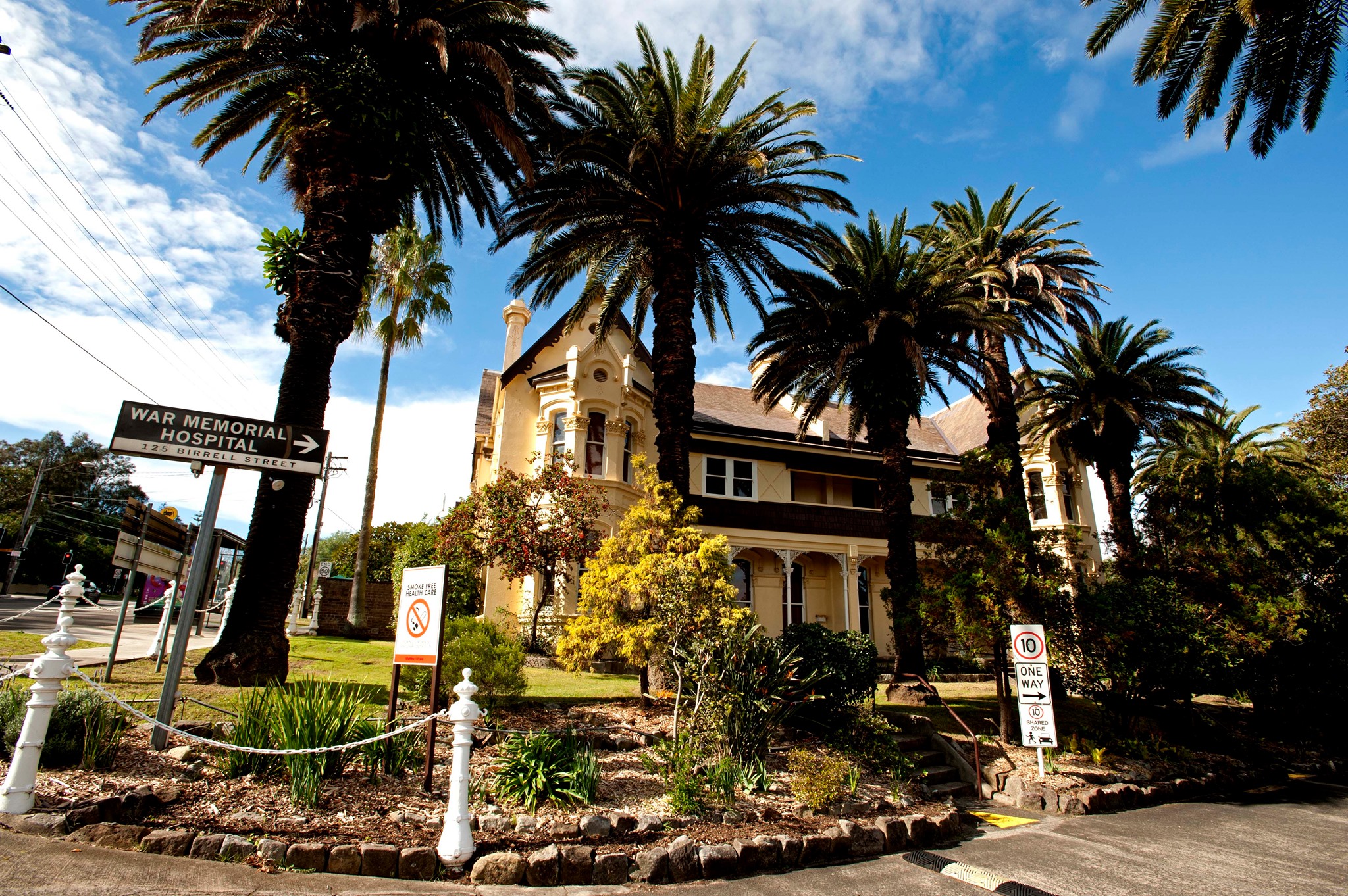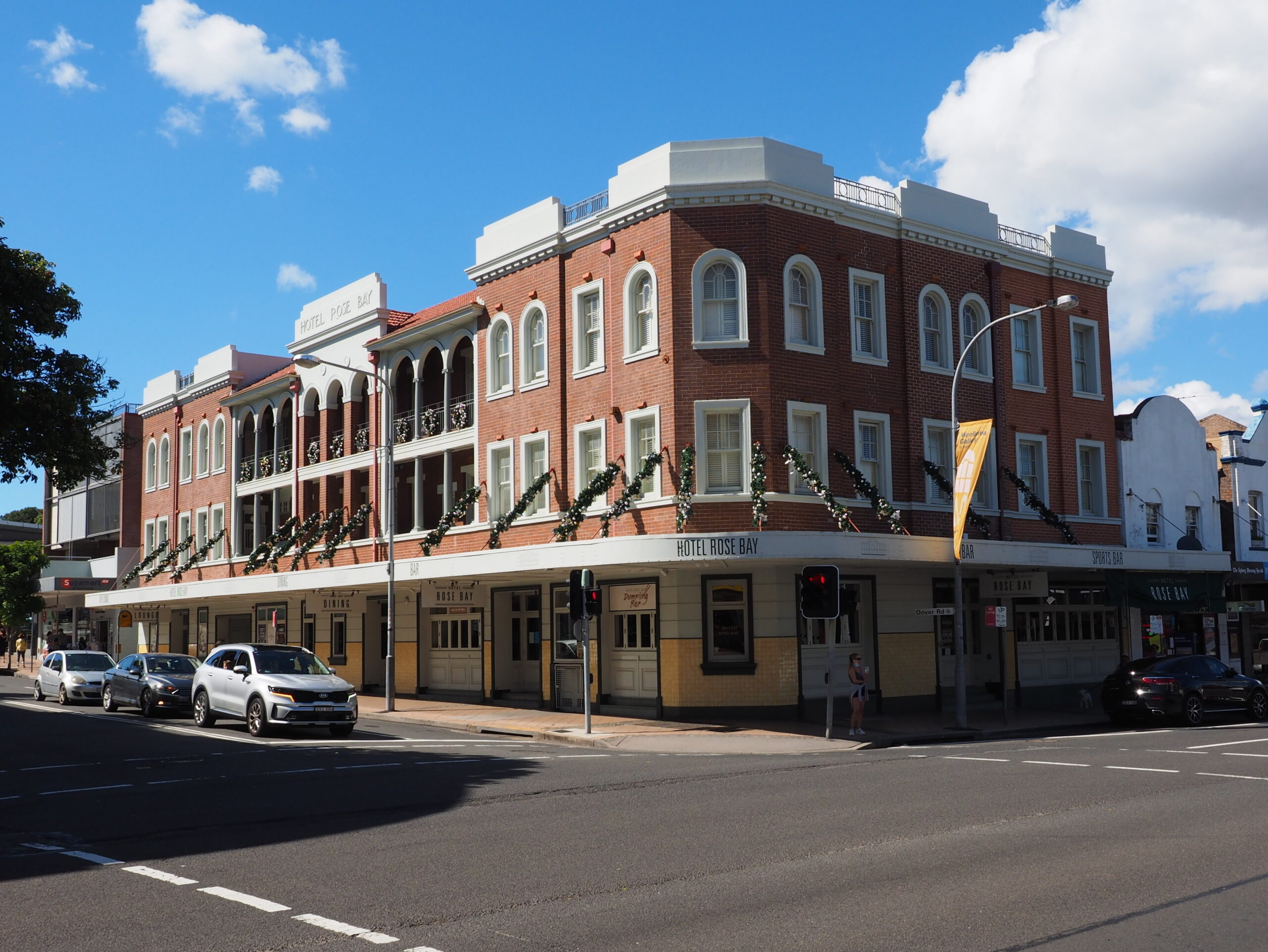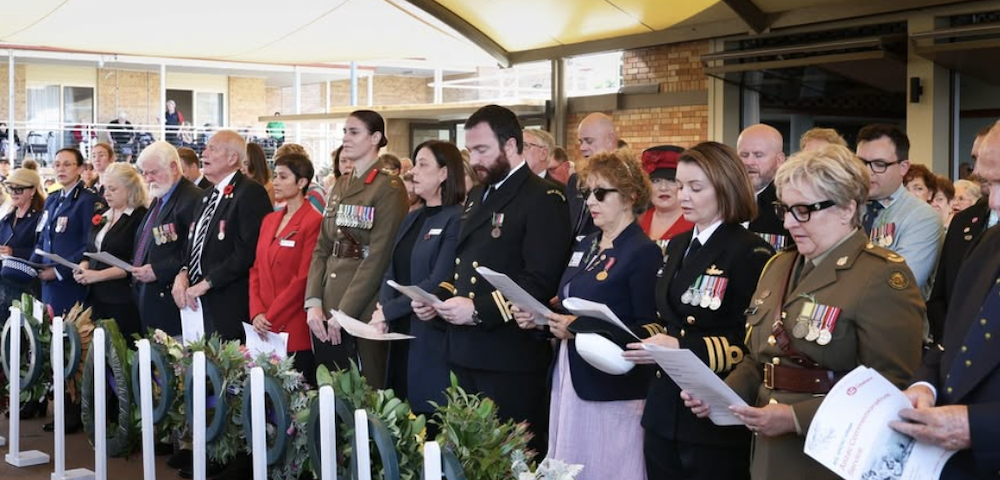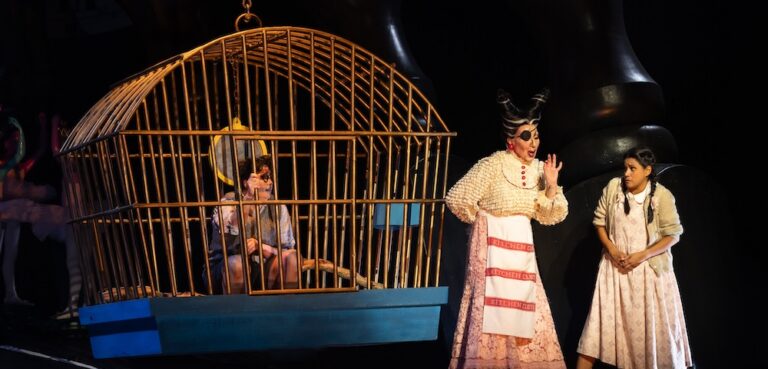

by GRACE JOHNSON and SYDNEY BALDWIN
The University of Sydney has imposed tough restrictions on campus protests in a move that has been described as an attack of free speech and suppression of the right to protest.
The new policy was quietly updated by Vice-Chancellor Mark Scott last week. It replaces the former University of Sydney (Campus Access) Rule 2009 with the Campus Access Policy 2024, which requires students to notify the university of any protests or demonstrations at least three days in advance.
Under the new policy, students don’t need approval to do a demonstration if they have notified the university 72 hours in advance. However, they will need approval if they are to use a megaphone, an amplifier, put up a poster, or put up a temporary structure, which includes a table or a booth of some kind.
If students fail to comply, security reserve the right to ask for their names and addresses. If they refuse, security can ban them from campus. If students enter campus after that, security will contact NSW Police as soon as possible and detain offenders.
Luke Mesterovic, a member of the Student Representative Council (SRC), said the student body “wholly reject” the changes and that “if we don’t protest these changes, we’ve essentially lost our right to protest altogether.”
Speaking to City Hub, he said, “The changes affect not only students, it affects staff and visitors, members, and the community who often come past and take part in these demonstrations. It also doesn’t just affect left-wing activism. It affects other socialist groups, Christians, Muslims, and clubs and societies that want to set up a booth.”
“All of that is now contingent upon what university security thinks of them, and whether they can give 72 hours prior notice. Any form of real protest now requires approval.”
In his email to university staff and students, the vice-councillor asserted that “at its core, this policy upholds our commitment to free speech—while recognising we need to be able to manage our environment for the safety and security of all.”
But Mesterovic highlighted the “hypocrisy” of a university that “prides itself on being a bastion of free speech and liberal values, while carrying out laws and rules as repressive as this.”
When the university shut down the 2-month long encampment, erected in solidarity with Palestine, some Jewish groups and politicians were critical, saying the university should have done something sooner. There has also been increasing commentary on Jewish students not feeling safe at the university.
In response to this, Mesterovic said, “I personally feel a lot less safe if students, staff and members of the community don’t have the ability to protest the wrong things that university management does.”
“The university is showing their true colours by demonstrating that they don’t like being held to account by the democratic mandate of the students and staff.”
He also emphasised that the encampments were not an end in themselves but rather a step in continuing to pressure the university to divest from weapons companies currently profiting from the genocide in Palestine, as well as other conflicts elsewhere in the world.
